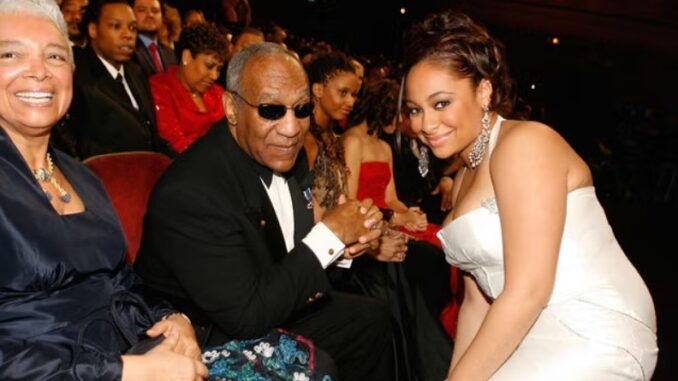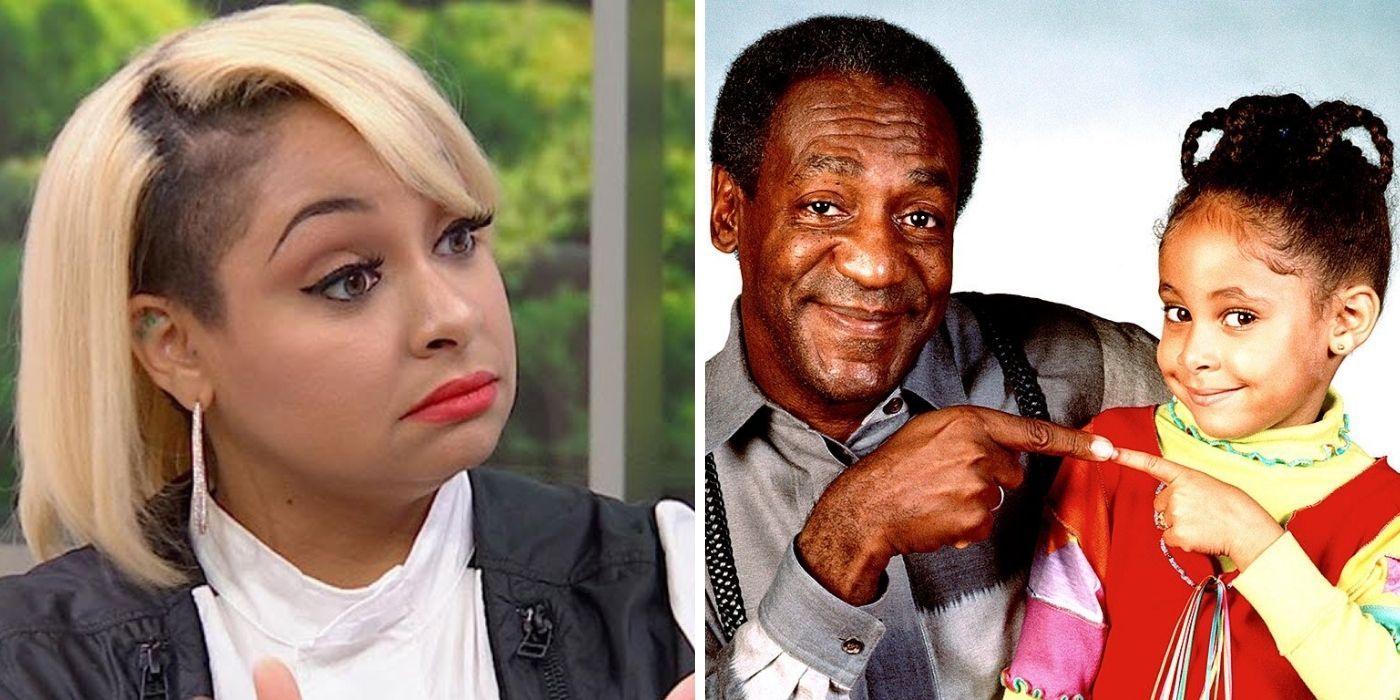
Raven-Symoné, beloved by millions for her role as the precocious Olivia Kendall on The Cosby Show, recently made an eye-opening admission about her earnings from the iconic series.
Although she charmed audiences as a child star, her recent comments about financial realities after the show have sparked conversations about the long-term impact of early fame. In a candid interview, Raven-Symoné revealed that she hasn’t seen as much money from The Cosby Show as people might assume. While she starred in the series from 1989 to 1992, during one of its peak periods, the actress shared that her residual checks aren’t what people might expect from a show that’s continuously aired on TV for decades.
Residuals, or royalties paid to actors when episodes air after the original broadcast, are a standard practice in television. For many, these payments provide ongoing financial support. However, Raven-Symoné’s experience highlights a significant issue in the industry: how shifts in cultural perception and network decisions can disrupt that stream. Since Cosby’s legal issues resulted in multiple networks pulling The Cosby Show from their lineup, the earnings Raven-Symoné—and others—might have received have been affected.

“It wasn’t about the money for me, though,” she clarified during her interview, stressing that her focus as a child was on enjoying her acting experience. However, as an adult, she acknowledges the complexities of being part of a project that is both historic and controversial. “It’s weird to think that something I did as a child has been impacted by someone else’s actions decades later,” she added, alluding to Bill Cosby’s fall from grace and how it changed the legacy of the show.
Raven-Symoné’s openness has prompted further discussions about how Hollywood handles the financial futures of child actors. In the past, there have been cases of actors from hit TV shows or movies facing financial struggles because their compensation was not managed well or was diminished by various circumstances. Given the massive success of The Cosby Show, the fact that its young stars may not have reaped the long-term benefits many assumed is a sobering reminder of the business side of the entertainment industry.
Her candid admission has inspired others in the industry to reflect on how the rights and residuals of actors, especially those who started young, are handled. In a world where streaming services are gaining ground and traditional TV reruns are less frequent, residual income is an increasingly complex issue. Raven-Symoné’s comments are likely to inspire ongoing conversations about protecting the financial interests of those who entertain millions. As Raven-Symoné continues her successful career, her reflections on The Cosby Show offer a powerful reminder of the challenges and unexpected turns that can accompany early fame.
